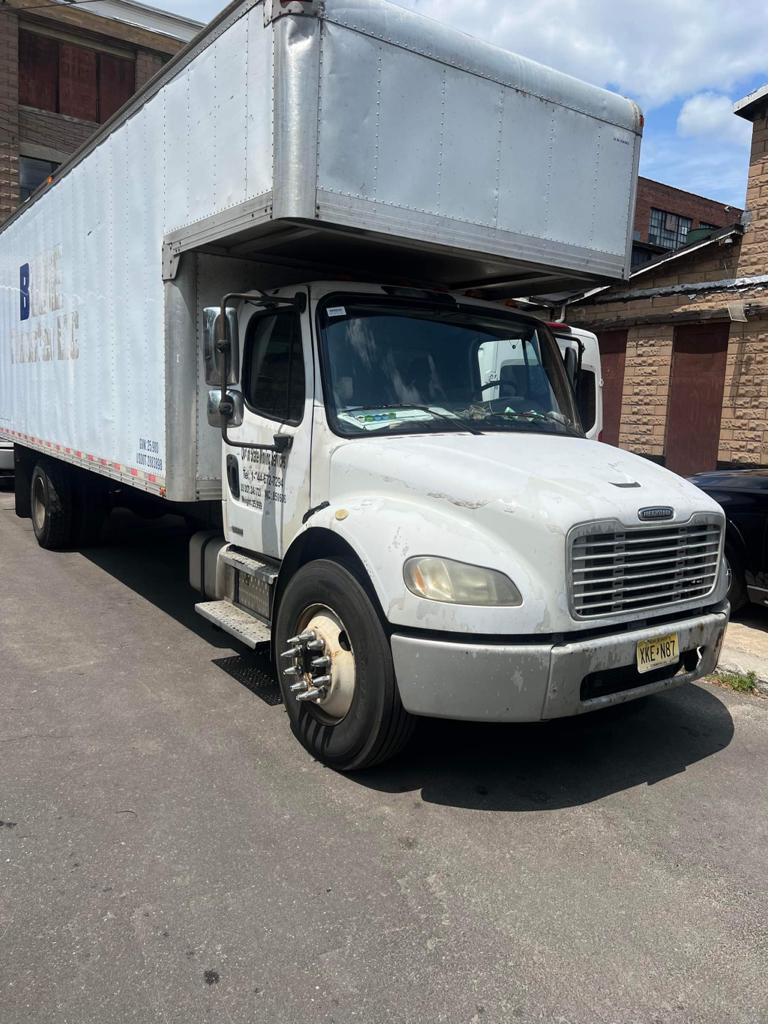When planning a move, especially a long-distance one, you’ll often encounter terms like ‘carriers’ and ‘brokers’. Understanding the distinction between the two is vital to making an informed decision about who to trust with your belongings. Let’s break down the differences.
Carriers are the companies that own trucks and directly handle the physical relocation of your belongings. When you hire a carrier, you’re working with the company responsible for the actual move.
Carriers
Definition:
Carriers are the companies that own trucks and directly handle the physical relocation of your belongings. When you hire a carrier, you’re working with the company responsible for the actual move.
Pros:
- Direct Communication: Since you’re dealing directly with the company moving your items, it can be easier to communicate your needs, concerns, or special requests.
- Accountability: With no middleman, the responsibility for the safety and timely delivery of your items rests solely with the carrier.
- Potential for Lower Costs: Sometimes, bypassing a broker can lead to cost savings, though this isn’t always the case.
Cons:
- Limited Flexibility: A carrier’s availability is tied to their own fleet, which can sometimes lead to scheduling constraints.
- Responsibility for Vetting: You’ll need to ensure that the carrier you choose is reputable, licensed, and insured.
Brokers
Definition:
Brokers don’t own trucks or employ movers. Instead, they work as intermediaries, connecting customers with carriers. They gather your moving requirements and find a suitable carrier from their network to execute the move.
Pros:
- Wider Network: Brokers often have a vast network of carriers, which can increase the flexibility of your move date.
- Less Legwork: Brokers can save you the time and effort of researching and vetting multiple carriers.
- Potential for Better Rates: Due to their connections and volume of business, brokers might be able to negotiate better rates with carriers.
Cons:
- Less Direct Communication: Since there’s a middleman, communication might not be as streamlined.
- Variable Quality: The quality of your move will depend on the carrier the broker selects.
Which Is Right for You?
The choice between a carrier and a broker will largely depend on your personal preferences and moving needs:
Direct Control vs. Convenience: If you prefer direct control and communication, a carrier might be a better choice. If you value convenience and a hands-off approach, a broker could be the way to go.
Budget Considerations: Your budget might also influence your decision. Get quotes from both brokers and direct carriers to determine which offers better value for your specific situation.
In conclusion, whether you decide to go with a carrier or a broker, always do your due diligence. Check reviews, verify credentials, and ask for referrals. Remember, the goal is a smooth and hassle-free move, and understanding the difference between carriers and brokers is the first step towards achieving that.






Comments are closed